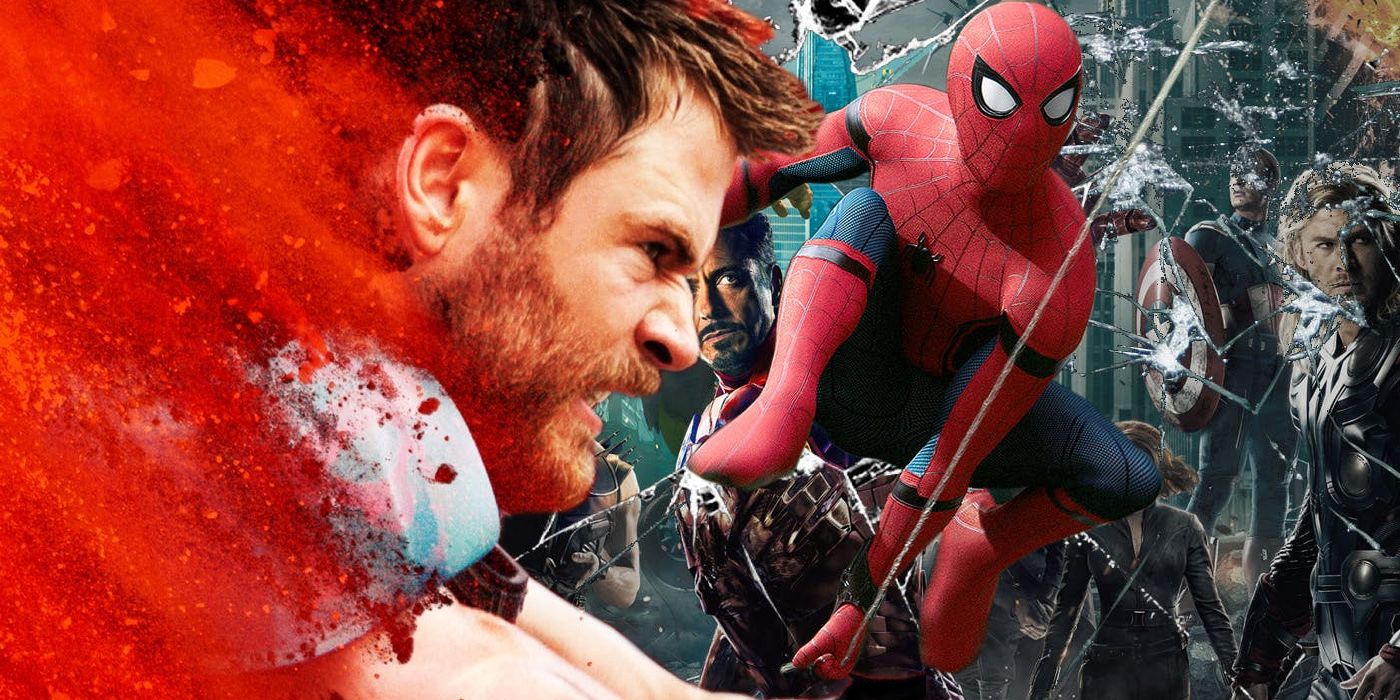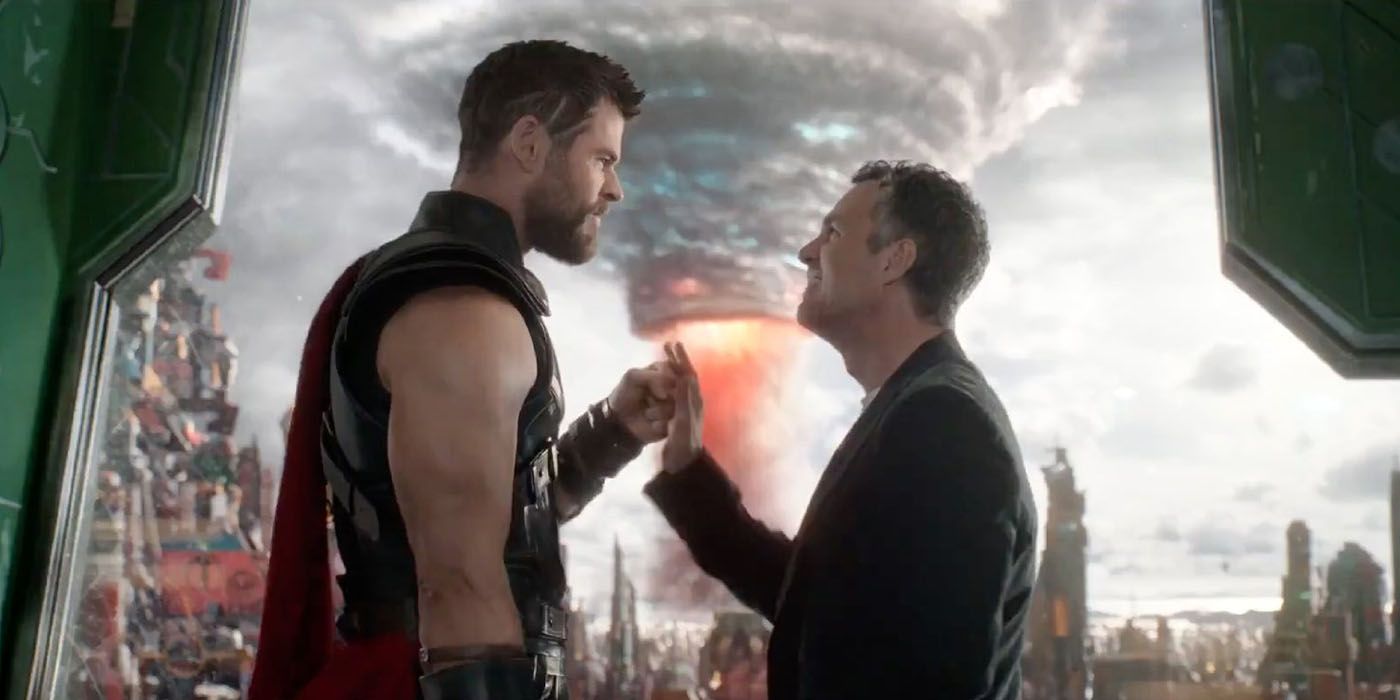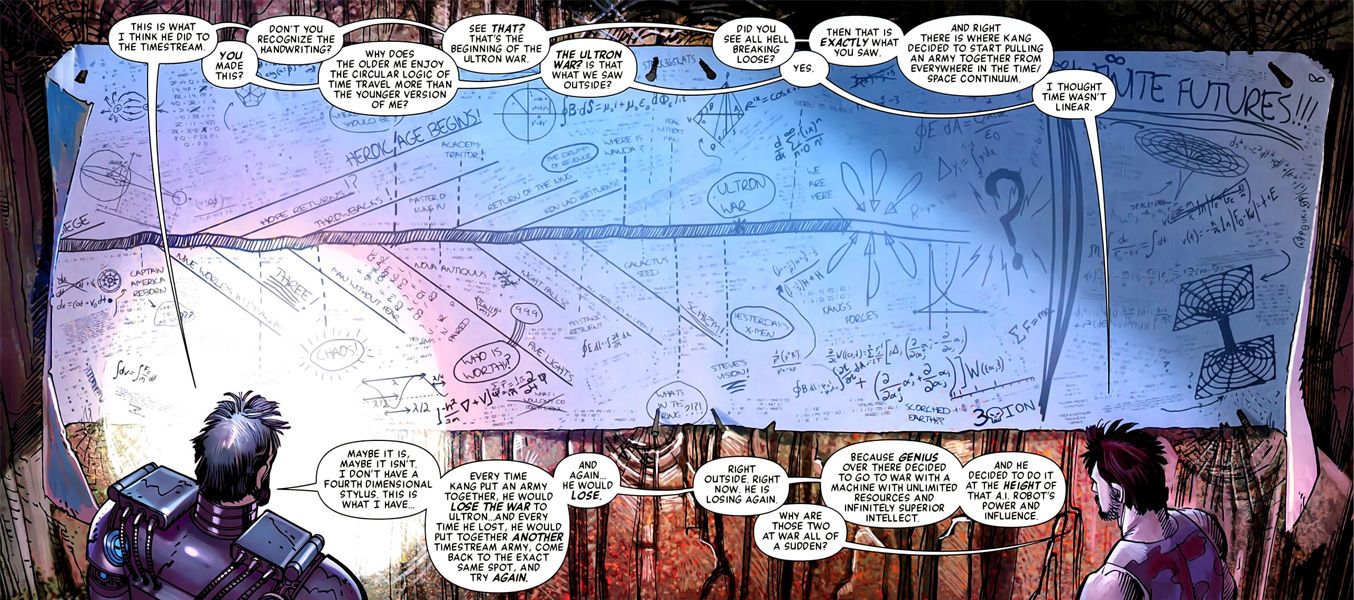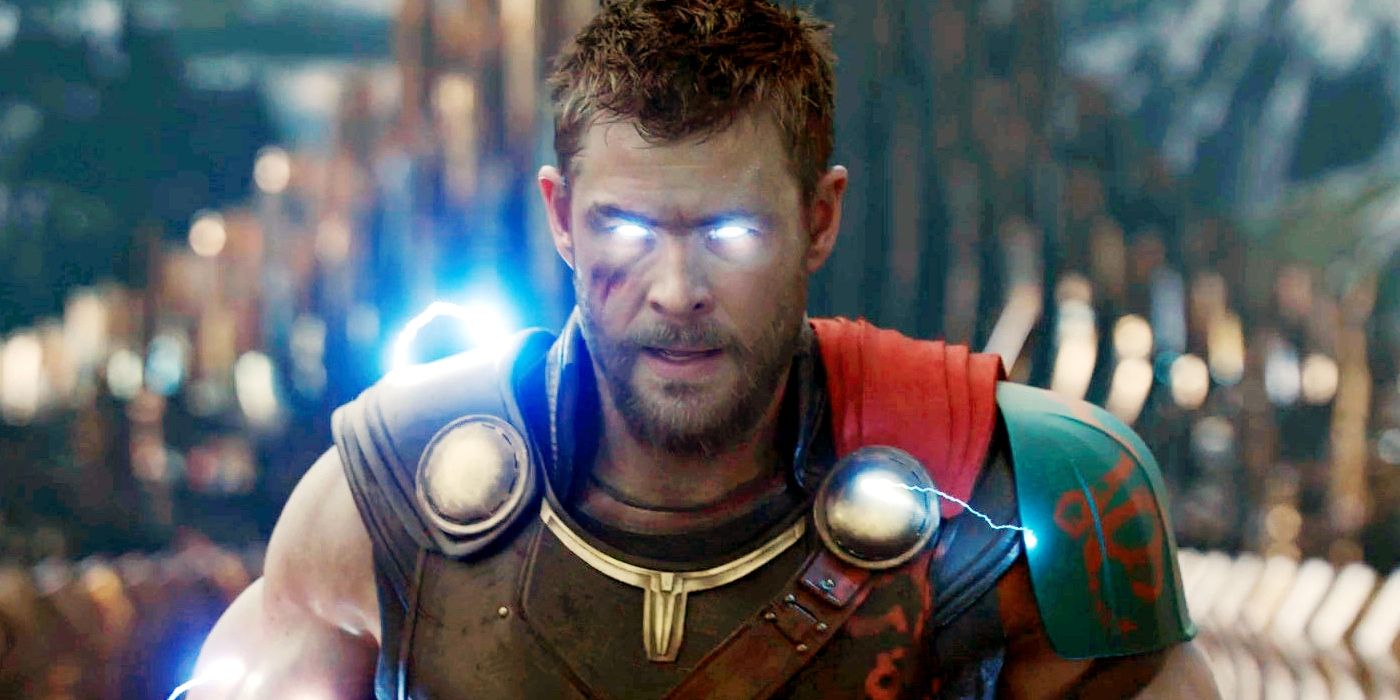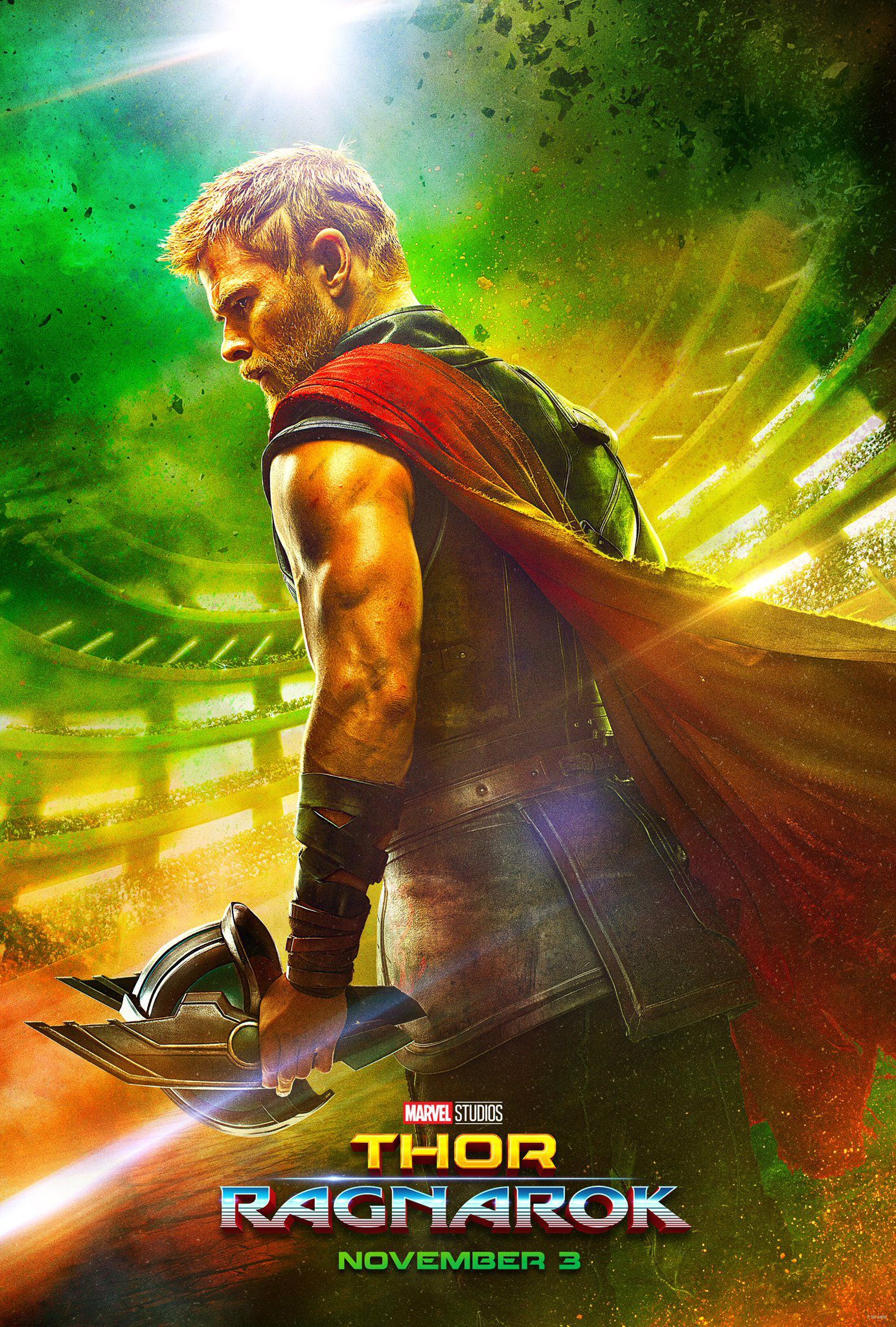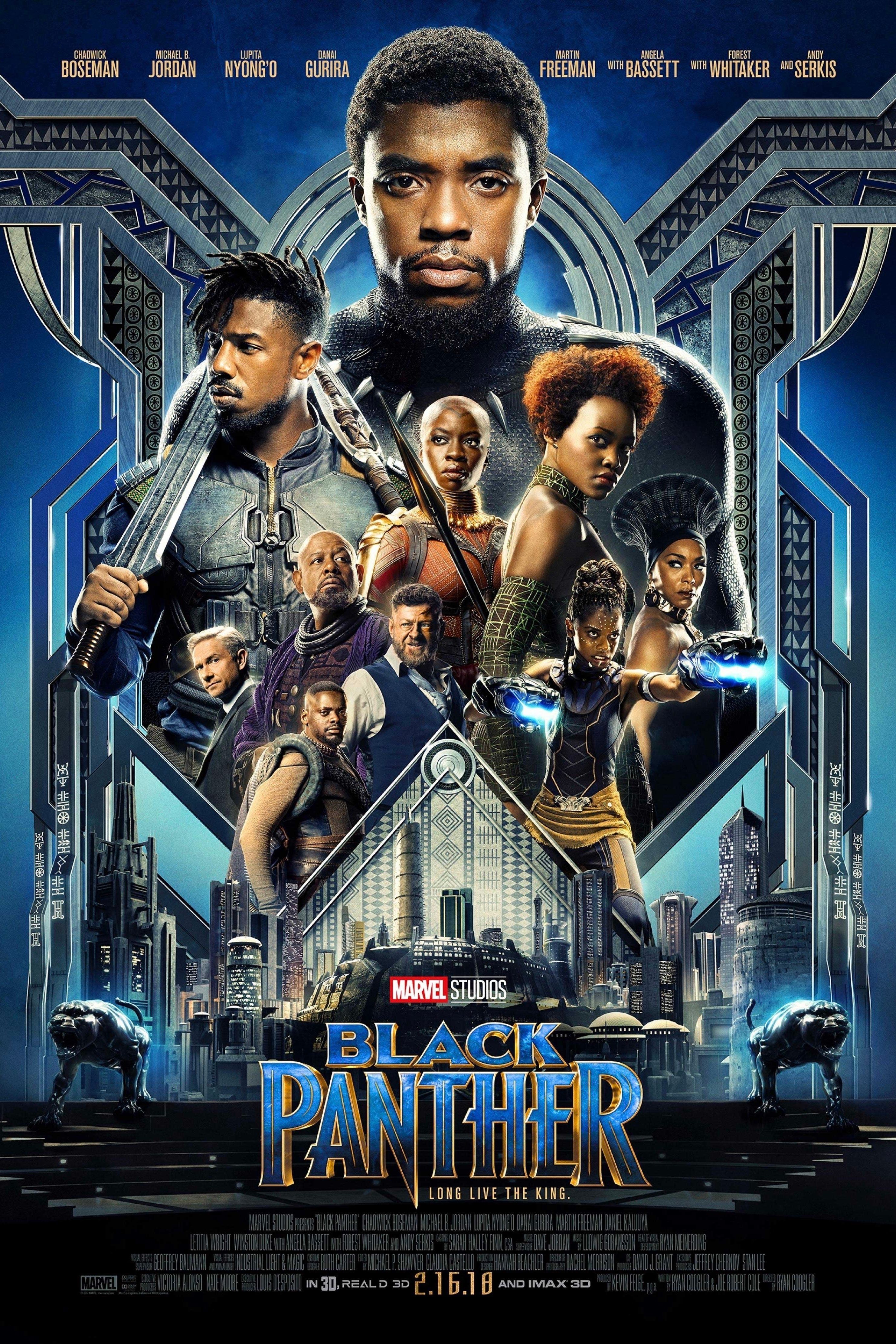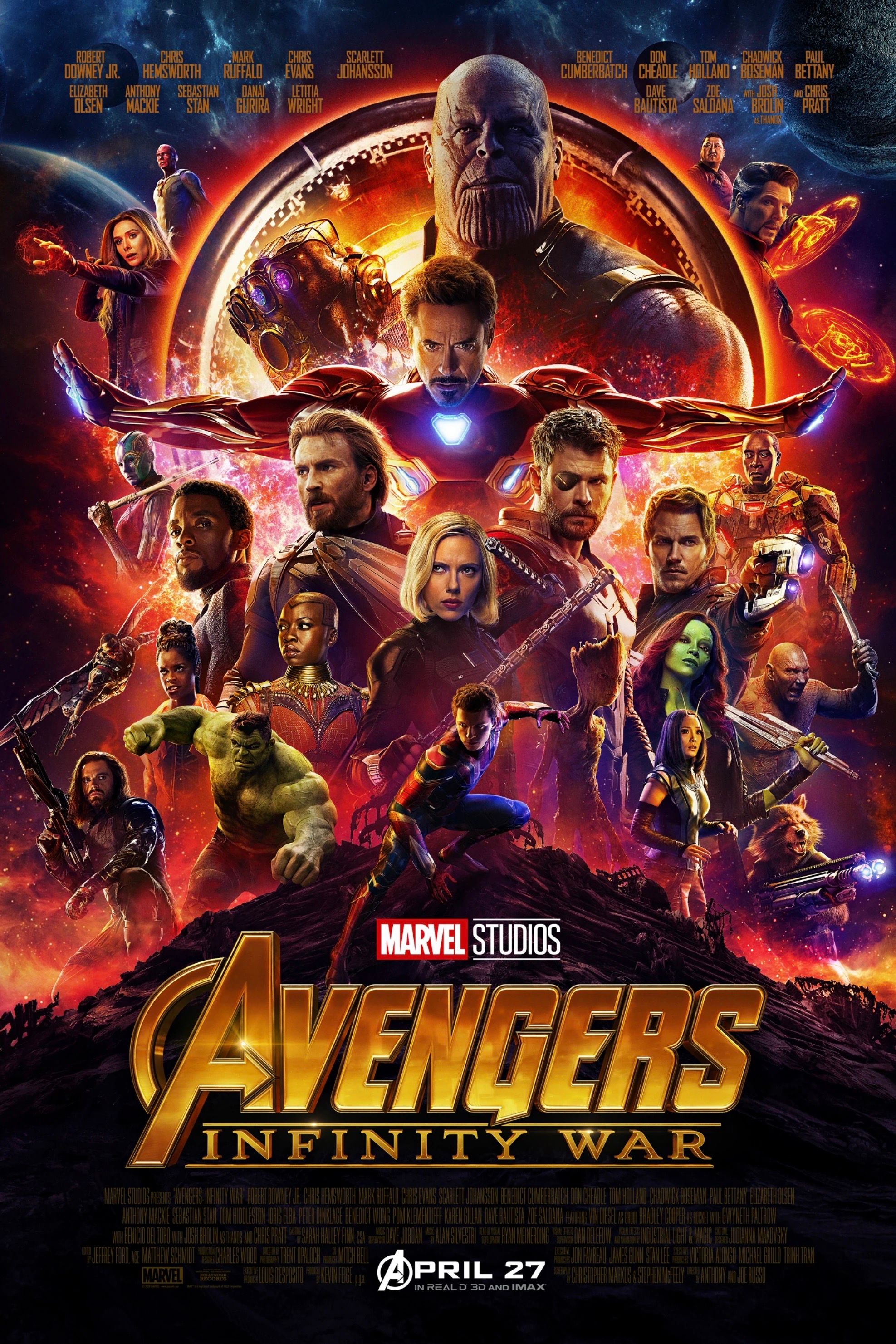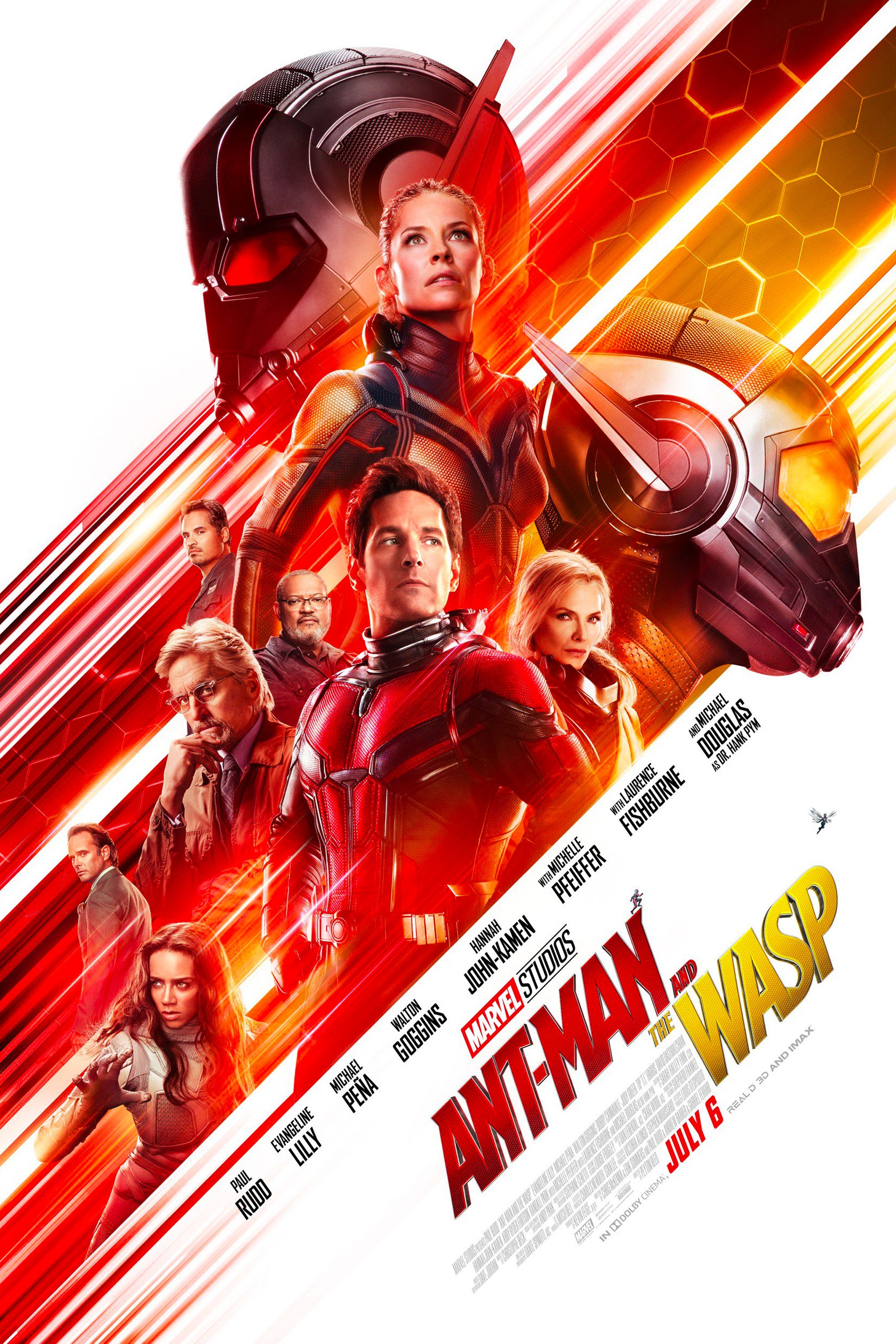Spider-Man: Homecoming broke the Marvel Cinematic Universe timeline and it looks like Thor: Ragnarok will only make it more confusing.
For a quick refresher, Spider-Man: Homecoming was a pretty cohesive part of the Marvel Cinematic Universe - it carefully integrated the web-slinger into a world of heroes and advanced Iron Man's multi-film arc - except in one key area. The opening sequence showing future Vulture Adrian Toomes' criminal rise began in the aftermath of The Avengers' Battle of New York then jumped forward eight years to the events of the film. However, but our understanding, the film was actually set just four years later, in the fall after Captain America: Civil War.
There were several explanations provided, but all ignored explicit dating in the movies. The best solution we could come up with was a timeline shift, with Captain America: The Winter Soldier, Avengers: Age of Ultron, Civil War, Homecoming and all future films moved forward four years to be set in 2020. That said, it seemed more to be an isolated choice made to the benefit of Homecoming's story - either to make Peter Parker the kid in Iron Man 2 or allow Toomes' daughter to be young enough to do a rough drawing of the Avengers ahead of the film's stunning villain twist - rather than any major retcon.
Read More: Spider-Man: Homecoming Breaks The MCU Timeline
Going forward, we expected the future films to ignore this. Any issue relates singularly to Homecoming so can be rather easily sidestepped going into Avengers: Infinity War, which is presumably set in its release year of 2018. Sadly, it's not going to be that simple.
Thor: Ragnarok's Timeline Contradiction
During Screen Rant's visit to the Thor: Ragnarok set, we found out from producer Brad Winderbaum when the movie will be set. Here's what he said:
"It's not like, five minutes after Ultron ends we start this movie. It's a couple years later... This movie takes place basically¦ You know, it's hard. In the timeline of the MCU, things kind of happen on top of each other, especially now in Phase Three. They're not as interlocked as they were in Phase One, you know, during Fury's Big Week and everything. So [Thor: Ragnarok] happens maybe on top of Civil War, on top of Spider-Man [Homecoming]. Somewhere in that ball park."
There's a lot to unpack, but most glaring is the contradiction in its relation to other movies. This isn't the first time we've heard "two years after Ultron" be Thor 3's setting; at SDCC, Kevin Feige revealed that Hulk had been repressing Banner for two years, meaning it has to be at least that long after The Avengers sequel's ending. This would place it in 2017, one year after the conventionally accepted setting for Civil War and Homecoming: Captain America 3 is set just one year after Age of Ultron, itself a year on from The Winter Soldier. None of these movies have explicit dating, but their spacing within the franchise is clear.
Of course, these comments come from last October, so may not reflect the current plan and, to be sure, we don't know what happens in the film's story or where it'll take the characters. But even allowing for some leeway in the wording, the inconsistency is obvious.
However, it's telling that they ignore Spider-Man: Homecoming's flub too, suggesting that it really was made for the movie at hand and has no bigger picture ramifications. And, thus, we may be able to solve the problem.
The Marvel Timeline After Ragnarok
We're not just going to pick holes without trying to fill them. And so, using all the stated continuity data that first allowed us to build the timeline and mixing in these new developments, here's how we see the Marvel Cinematic Universe now:
2010: Iron Man
2011: Iron Man 2, The Incredible Hulk, Thor, Captain America: The First Avenger epilogue
2012: The Avengers, Iron Man 3
2013: Thor: The Dark World
2014: Captain America: The Winter Soldier, Guardians of the Galaxy, Guardians of the Galaxy Vol. 2
2015: Avengers: Age of Ultron, Ant-Man
2016: Doctor Strange
2017: Captain America: Civil War, Spider-Man: Homecoming, Thor: Ragnarok
2018: Black Panther, Avengers: Infinity War
Previous timeline adjustments shifted entire blocks of the MCU and left multi-year gaps where nothing of importance happened to Earth's Mightiest Heroes. This new version keeps a sense of flow and actually only moves two films - Civil War and Homecoming - and that's just by a year. It's a much more elegant solution than shifting every post-2015 movie up by half a decade.
Related: Marvel Studios Will Release Official MCU Timeline To Address Issues
Of course, this Franken-timeline does little to address the previously discussed issues from Homecoming (we're still only five years on from The Avengers), Doctor Strange (which spans years and seems to ignore everything else) or Civil War (in which Vision said it was eight years since Tony Stark came out as Iron Man), and regardless pushes Cap 3 ahead on what we've been told by the movie's directors, but it broadly holds up to scrutiny. If you accept that retcons are rampant (and ignore the "eight years later" line), this is the best fit.
However, that's not why we think this Thor development explains the timeline problems.
The Real News? Marvel Doesn't Care
We've focused on the base facts relayed by Winderbaum in regards to the movie canon. However, there's something perhaps more important in that quote - an admittance that the continuity is fluid.
Our initial exploration of Homecoming's time jump concluded that Marvel had evolved past micro-continuity. The intricate weaving of stories that made "Fury's Big Week" (the three movies set in 2011 all happen concurrently) is no more due to the franchise simply getting too big for such obsession to be conducive; it's better to just tell good stories and then slot them in after. That's why we've got two Infinity Gauntlets and talk of Guardians 3 breaking continuity.
Now, though, we have proof. Winderbaum says the films are "not as interlocked as they were in Phase One" and his explanation basically admits only macro placement matters. This chimes with a lot of what we've been hearing about storytelling approach already. Back with the release of Guardians of the Galaxy Vol. 2 (whose 2014 setting created a plot hole of its own), Kevin Feige said the MCU would try and avoid overlapping films because it's too complicated. We initially took that to mean a clearer timeline, but what it really was is a statement that films won't interlock.
-
It'd be easy to say that this is a problem for the MCU, seeing them basically trying to shirk what made the shared universe originally so exciting, and to a degree that feeling is there. However, their reasoning is still focused on delivering the best films. As with Spidey, if Ragnarok is good, it won't really matter.

